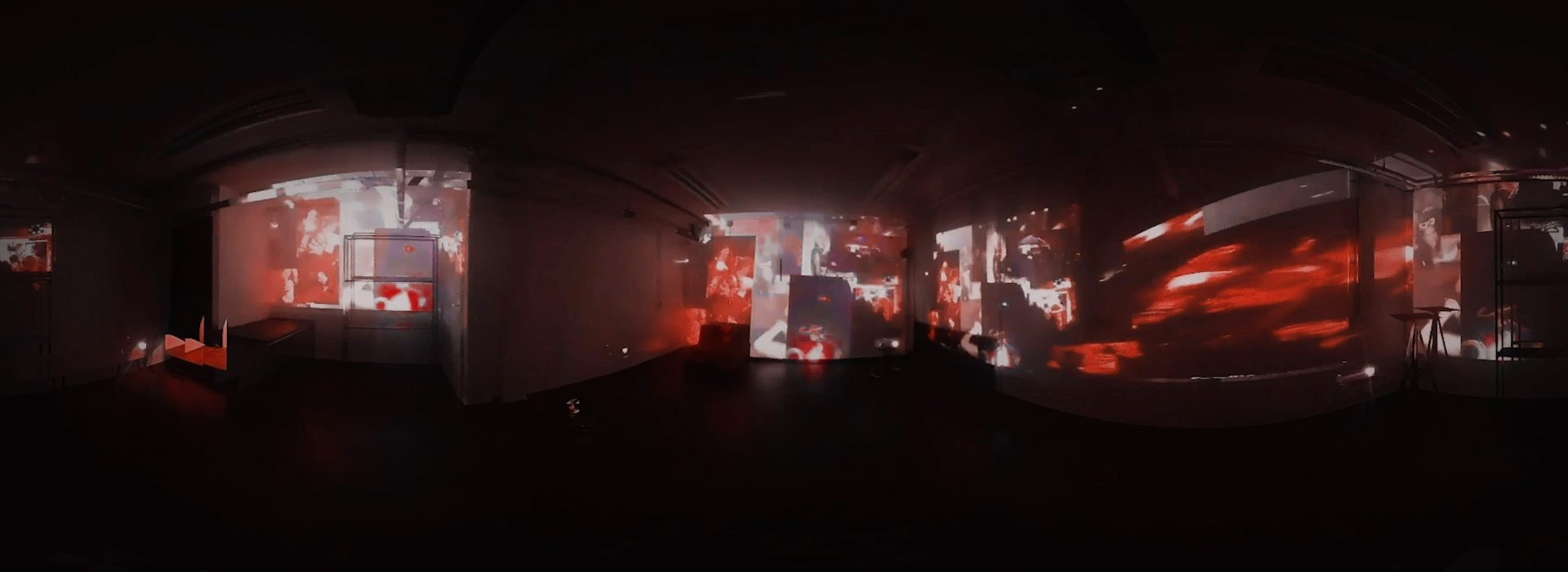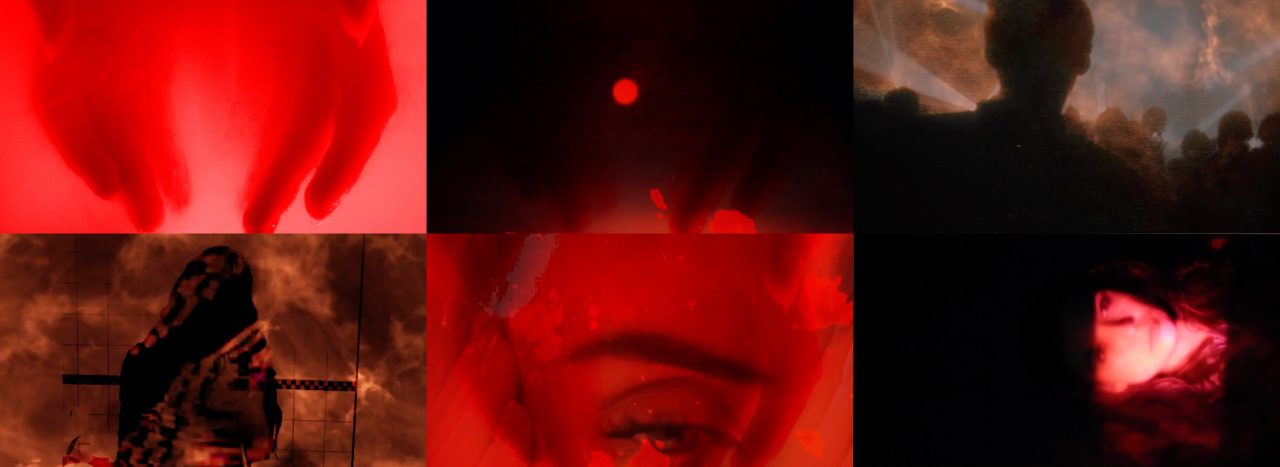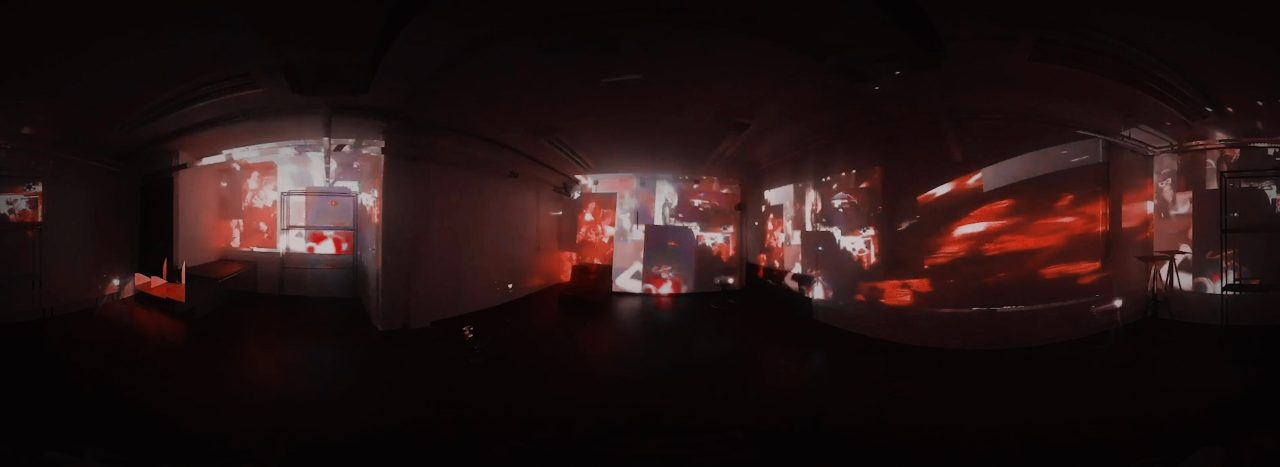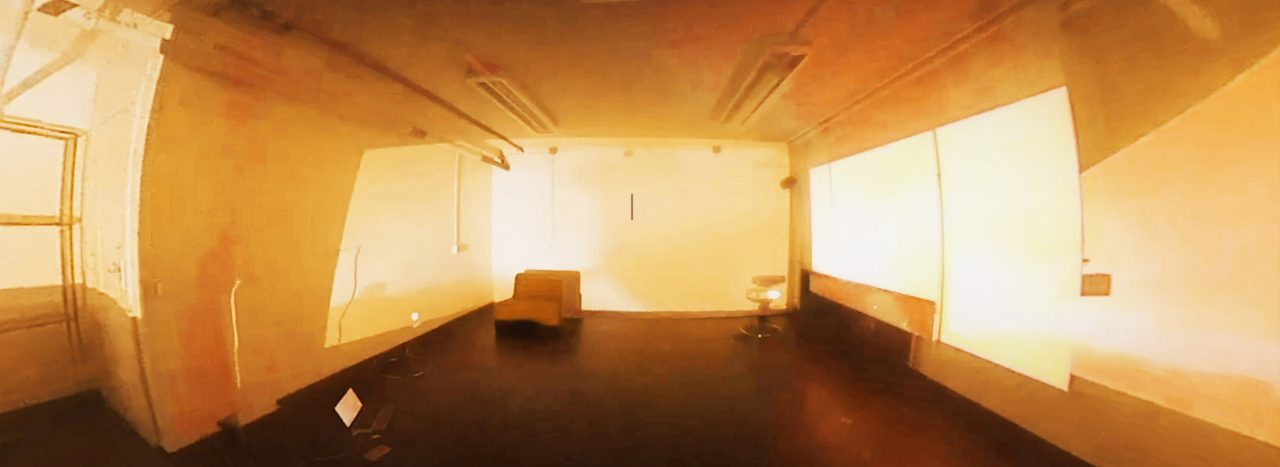Our Self-Fulfilling Prophecy

Project details
- Year
- 2020
- Programme
- photography
- Practices
- Social
- Minor
- Powerplay
Our Self-Fulfilling Prophecy emerges from two individual interests: a love for the Rotterdam nightlife culture, and an ever-growing fascination for philosophical methodologies on the difficulties of minds, such as those who struggle with depression. Adding these two interests together makes for a project that is not just a research venture for a visual end result, but also an explorative venture of myself.
Besides seeing the nightclub as a place to meet friends and have fun, and as an important scene for youth culture, it is one of the places for forms of mental escapism to take place: a habitual thought deflection to escape from one’s mind, thus self-consciousness. Self-consciousness could play a role as an intermediate phase before the eventual diagnosing of depression.

Depression is a mental illness which one in five people will experience throughout their life.
Depression is a mental illness which one in five people will experience throughout their life. Not dealing with the power of self-consciousness means it could in extreme ways lead to symptoms of depression. This research argues that this form of escapism plays a role in the techno youth culture. Entering the nightclub can let one disappear into the dark for a while and relieve oneself from this state of self-consciousness.

I, therefore, ask: What is the relationship between the techno nightclub youth culture and the intermediate phase of self-consciousness before depression? To answer this question, I used quantitative and qualitative research to create a more in-depth exploration, since the subject is quite complex and intimate.
The quantitative research has been conducted by gaining generalisable knowledge through an online survey with the youth culture of Rotterdam, and desk research into the psychological and audiovisual dimension in relation to the cultural sense of belongingness and social-behavioural norms of a nightclub youth culture. The qualitative research created more in-depth contextualisation through an interview with Bert van den Bergh.

Our Self-Fulfilling Prophecy is intended to be shown live at a techno nightclub. I, therefore, present a VR-presentation where the viewer gets a glimpse of the video projected in a 3D environment. By presenting this work, I aim to inspire others to think about the self-consciousness thought pattern and its relation to escapism and depression, while experimenting with the creation of an immersive experience.
This experience is meant to create awareness about the hazards of the continuous inner process of over-analysing and self-reflection, especially at the moment we run to escape from those processes in a space where a lot of senses and experiences in life are intensified. This form of intervention invites visitors to navigate through their chosen mind-space and to experience the observations and analyses I made in this research.